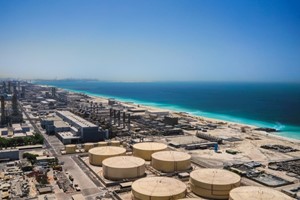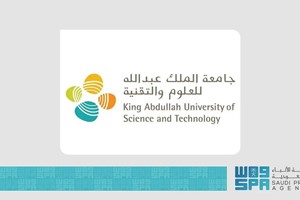Egypt is advancing a significant desalination initiative under a Public-Private Partnership (PPP) framework, aiming to enhance its water security in response to climate change and rising water scarcity. Launched in 2020, the country’s 30-year water strategy targets increasing desalination capacity from the current 1.3 million cubic meters per day (m³/day) to 8.85 million m³/day by 2050. This move is part of Egypt’s broader environmental sustainability and water security goals.
The Sovereign Fund of Egypt (TSFE) and the Ministry of Finance’s PPP Central Unit are spearheading the initiative, with initial tenders expected by late 2024. Phase I of the project, slated for completion by 2025, will see the construction of 15 desalination plants that will collectively produce 3.35 million m³/day. The first phase includes two initial plants: one at Dabaa (40,000 m³/day) and the other at El Hamam (190,000 m³/day), with an estimated investment of $3 billion. These plants will operate under 30-year concessions, with a combined investment of $210 million for the two initial sites.
In May 2023, 17 consortia were prequalified for the project, selected based on their expertise to ensure efficient deployment. The plants are expected to be developed at a pace of one every 5-6 months, following the securing of land. This rapid deployment approach is vital in addressing Egypt’s annual water deficit, which currently stands at approximately seven billion cubic meters, and in preventing the country from running out of water by 2025, a dire projection given the global water crisis.
The desalination initiative is designed to be powered by renewable energy, aligning with Egypt’s long-term ecological and sustainability objectives. Atter Hannoura, the Director of Egypt’s PPP Central Unit, highlighted the project’s role in tackling both the increasing demand for clean water and the challenges posed by climate change, with the ultimate goal of ensuring Egypt’s water security well into the future.
By Anita Anyango












